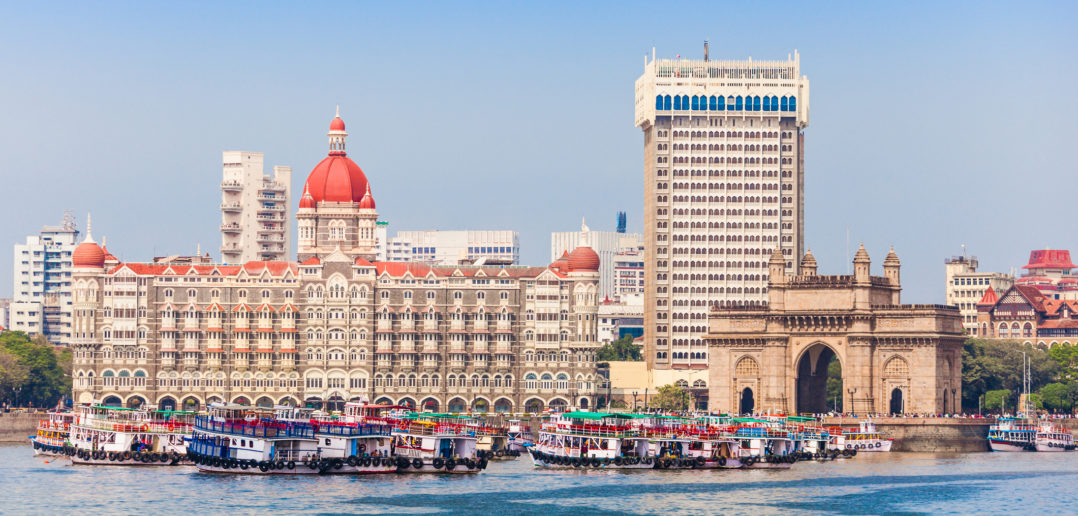The largest employer in the Indian economy, after agriculture, is the real estate sector, being unique in that its worth rarely diminishes. Despite the dynamics of the economy, this industry which entails residential, commercial, retail and hospitality, is expected to grow by at least 30% (USD180 billion) by 2020. This optimism rests on the premise of a growing demand for commercial and corporate office space, urban and semi-urban residential properties. The real estate industry accounts for at least 5-6% of the Gross Domestic Product (GDP) and the rapid pace of growth in realty is likely to lure more non-residential investments into the country.

Maintaining the Value of Your Real Estate in the Post-Pandemic World
The Parliament of India passed the Real Estate (Regulation & Development) Act, 2016 (RERA) in March 2016 and it came into effect on May 1, 2016. The Act has been passed with the sole intention of protecting the rights of home buyers across the country. It is about making homes affordable by making the purchasing process transparent to the hilt. This Act makes it binding for all commercial and residential real estate projects to register with the Real Estate Regulatory Authority (RERA) for launching a project (projects with an area of 500 square metres or eight apartments, which were completed before the Act came into being and projects earmarked for renovation/development and not for sale, would not come under the jurisdiction of this act), in order to provide greater transparency in project-marketing and execution.
The RERA Act will serve as a boon to the real estate market in India which has a history of property buyers swindled by builders, perennial delays in the completion of projects, embezzlement of funds given by prospective buyers, alterations made in the construction plans without informing the buyers and builders selling specific properties to more than one buyer. RERA will help eliminate all this by introducing a lot of clarity on the details of every project and the concerned builders thus bringing in a lot of accountability in the real estate sector. The Act has laid down many rigid norms for all developers / builders to abide by across all their projects. Additionally, every state in the country will have an Appellate Tribunal to manage real estate disputes. This Act will expose and show the door to unscrupulous builders, who have for long resorted to gimmicks in this industry and cheated innocent buyers.
The boom in realty is primarily due to the massive Foreign Direct Investment (FDI) equity of US$24.28 billion between the years 2000 and 2016, with the city of Mumbai attracting the largest amount of foreign direct investment. The investors include sovereign funds from NBFCs, private equity, pension funds and domestic investors with key investments being made in cities like Mumbai, Bengaluru, Chennai, Delhi, Gurugram, Noida, Hyderabad and Pune. A large percentage of these investments is from the US (40%) with Canada and Singapore following suit with 18% and 17% respectively.
In addition to a conducive investment environment, the Government of India, in cooperation and with the support of the governments of the chosen states, has taken numerous initiatives in the development of ‘smart cities’. The Smart City Project entails plans to build 100 smart cities which serve as a great platform for real estate companies. A boom in realty is a positive indicator of rising levels of employment opportunities and has a positive domino effect on the entire economy.

Maintaining the Value of Your Real Estate in the Post-Pandemic World
The Union Budget for 2016-2017 has granted infrastructure status to affordable housing. This is sure to catalyse the government’s much touted mission of “Housing for All by 2020”. This new status is likely to help developers access cheaper funding which would lead to reduced cost of homes for buyers. This status is also likely to see an incremental investment from national and international developers to actively partake in the affordable housing sector.
The Government of India is taking many key initiatives to develop the infrastructure of the entire country at large. Some of the key initiatives include the development of airports in smaller cities, building more Metro Rail facilities, and building of national highways facilitating connectivity between cities. These plans will make the infrastructure sector attract very large investments which are going to benefit the realty sector, the developers, and the home buyers. These initiatives will see the resurgence of the private sector’s participation in urban infrastructure projects and the fruition of these plans is going to benefit the economy in an inconceivable manner for a very long time.
Mahmood Farook will speak about emerging markets this November at MIPIM Asia!
Top photo © saiko3p/GettyImages



